★ Global Warming Extras ★
Here are some of our members'/friends' thoughts
My parents have been trying to get an electric car for a while. It would be great if one day all the gas cars would be gone and everyone would have electric ones and other cars that help save the earth instead of making more pollution.
I planted pineapples.🍍🍍
Well 1st off i think our planet needs more trees and also that causes deforestation but in my past life I was born in a town with so much pollution we had to move to texas because it was so bad most the wildlife disappeared we don't know where they are and plus the lake that had no fish was all because of industrial population in the steel mill where my grandfather use to work at pollutted my birthplace in southern Illinois right by the Mississippi River there and where St Louis Missouri is but now that whole fricken town of Granite City Illinois is now polluted and I will Never Ever go back there ever again because what i think they should've done is make my birthplace so green that the trash in my city would be gone so...
(By the way @DaytonGamingGames02, please no bad words)
Facts about Global Warming
1. Global warming is the increase of Earth's average surface temperature due to greenhouse gases that collect in the atmosphere like a thickening blanket, trapping the sun's heat and causing the planet to warm up
2. Greenhouse gases keep heat close to the earth's surface making it livable for humans and animals. However, global warming is happening largely due to an over-emittance of these gases and fossil fuels (natural oil, gasoline, coal)
3. With the start of industry in the 1700's, humans began emitting more fossil fuels from coal, oil, and gas to run our cars, trucks, and factories. By driving a "smarter" car, you will not only save on gas, but help prevent global warming
4. There is more carbon dioxide in the atmosphere today than at any point in the last 800,000 years.
5. Though Americans make up just 4 percent of the world's population, we produce 25 percent of the carbon dioxide pollution from fossil-fuel burning -- by far the largest share of any country
6. The Environmental Protection Agency (EPA) has both the authority and responsibility to reduce pollution from electric power plants under the Clean Air Act, the nation's bedrock air pollution law adopted in 1970.
7. Since 1870, global sea levels have risen by about 8 inches
8. Global climate change has already had observable effects on the environment. Glaciers have shrunk, ice on rivers and lakes is breaking up earlier, plant and animal ranges have shifted and trees are flowering sooner
9. Heat waves caused by global warming present greater risk of heat-related illness and death, most frequently among people who have diabetes who are elderly or are very young
10. According to the U.S. Global Change Research Program, the temperature in the U.S. has increased by 2 degrees in the last 50 years and precipitation has increased by 5%
B O N U S F A C T: Global warming puts coral reefs in danger as the ocean warms, scientist fear that coral reefs will not be able to adapt quickly enough to the resulting changing conditions, and bleaching incidents and diseases will increase
More about Global Warming
::: What Causes Global Warming? :::
Global warming occurs when carbon dioxide (CO2) and other air pollutants collect in the atmosphere and absorb sunlight and solar radiation that have bounced off the earth's surface. Normally this radiation would escape into space, but these pollutants, which can last for years to centuries in the atmosphere, trap the heat and cause the planet to get hotter. These heat-trapping pollutants—specifically carbon dioxide, methane, nitrous oxide, water vapor, and synthetic fluorinated gases—are known as greenhouse gases, and their impact is called .
Though natural cycles and fluctuations have caused the earth's climate to change several times over the last 800,000 years, our current era of global warming is directly attributable to human activity—specifically to our burning of fossil fuels such as coal, oil, gasoline, and natural gas, which results in the greenhouse effect. In the United States, the largest source of greenhouse gases is transportation (29 percent), followed closely by electricity production (28 percent) and industrial activity (22 percent).
Curbing dangerous requires very deep cuts in emissions, as well as the use of alternatives to fossil fuels worldwide. The good news is that countries around the globe have formally committed—as part of the —to lower their emissions by setting new standards and crafting new policies to meet or even exceed those standards. The not-so-good news is that we're not working fast enough. To avoid the worst impacts of climate change, scientists tell us that we need to reduce global carbon emissions by as much as 40 percent by 2030. For that to happen, the global community must take immediate, concrete steps: to decarbonize electricity generation by from fossil fuel–based production to renewable energy sources like wind and solar; to electrify our cars and trucks; and to maximize energy efficiency in our buildings, appliances, and industries.
::: How does Global Warming relate to Natrual Disasters an Extreme Weather? :::
Scientists agree that the earth's rising temperatures are fueling longer and hotter heat waves, more frequent droughts, heavier rainfall, and more powerful hurricanes.
In 2015, for example, scientists concluded that a lengthy drought in California—the state's —had been intensified by 15 to 20 percent by global warming. They also said the odds of similar droughts happening in the future had roughly doubled over the past century. And in 2016, the National Academies of Science, Engineering, and Medicine that we can now confidently attribute some extreme weather events, like heat waves, droughts, and heavy precipitation, directly to climate change.
The earth's ocean temperatures are getting warmer, too—which means that tropical storms can pick up more energy. In other words, global warming has the ability to turn a category 3 storm into a more dangerous category 4 storm. In fact, scientists have found that the frequency of North Atlantic hurricanes has since the early 1980s, as has the number of storms that reach categories 4 and 5. The 2020 Atlantic hurricane season included a record-breaking 30 tropical storms, 6 major hurricanes, and 13 hurricanes altogether. With increased intensity come increased damage and death. The United States saw an unprecedented that caused at least a billion dollars' worth of damage in 2020, but was the costliest on record and among the deadliest as well: Taken together, that year's tropical storms (including Hurricanes Harvey, Irma, and Maria) caused nearly $300 billion in damage and led to more than 3,300 fatalities.
The impacts of global warming are being felt everywhere. Extreme heat waves have caused tens of thousands of deaths around the world in recent years. And in an alarming sign of events to come, Antarctica has lost nearly of ice since the 1990s. The rate of loss could speed up if we keep burning fossil fuels at our current pace, some experts say, causing several meters in the next 50 to 150 years and wreaking havoc on coastal communities worldwide.
Ways you can Help
1. Power your home with renewable energy
2. Weatherize, weatherize, weatherize
3. Invest in energy-efficient appliances
4. Reduce water wasteActually eat the food you buy—and make less of it meat
5. Buy better bulbs
6. Pull the plug(s)
7. Drive a fuel-efficient vehicle
8. Maintain your ride
9. Rethink planes, trains, and automobiles
10. Shrink your carbon profile
Any other Ideas? Message us and we'll add it ASAP!
Pictures
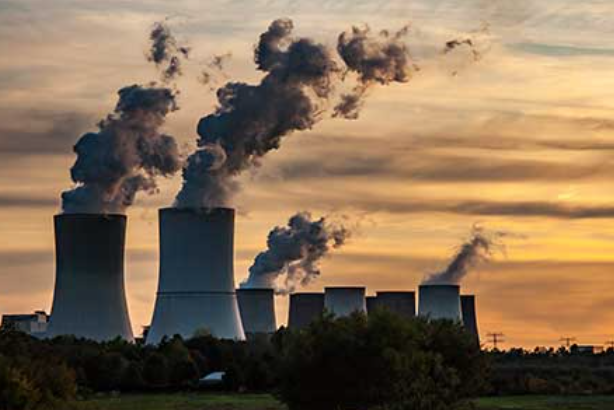
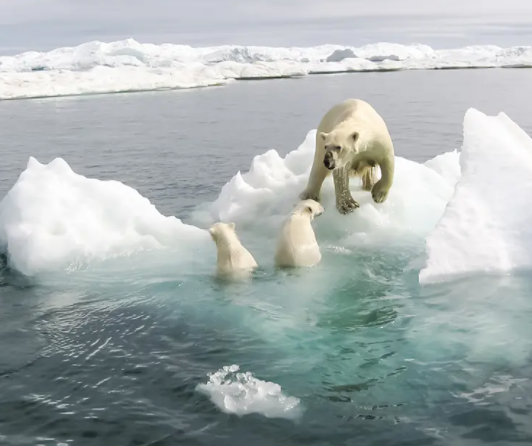
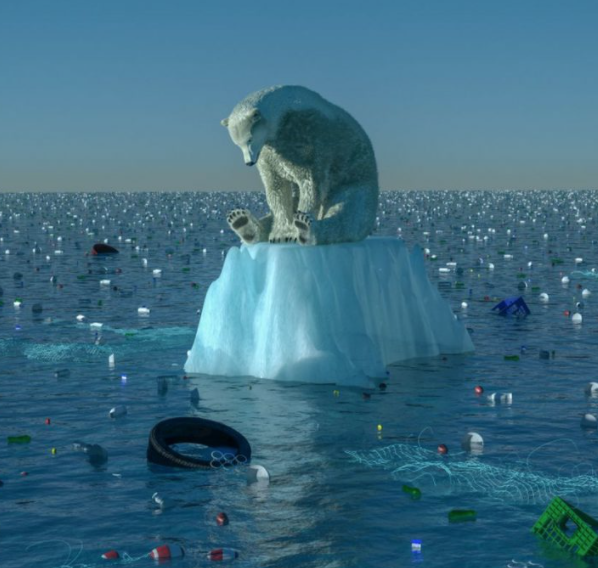
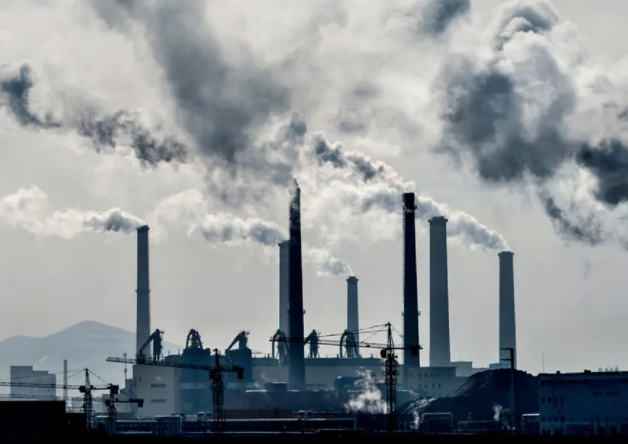
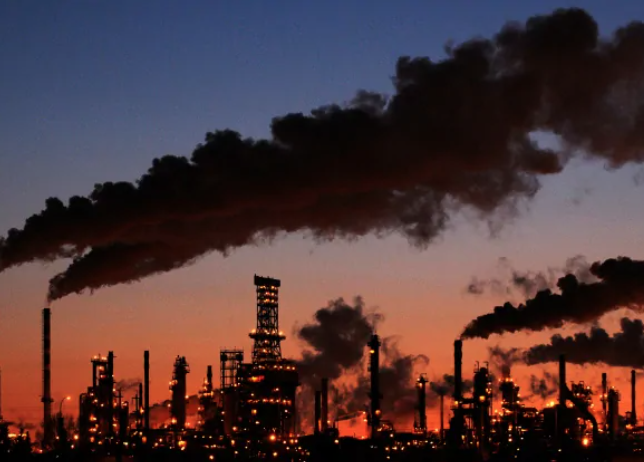
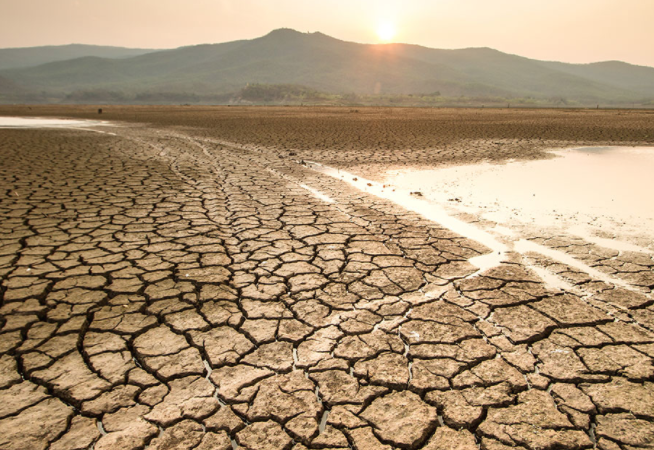
Bạn đang đọc truyện trên: AzTruyen.Top